The third edition of The Windham Campbell Prize is here! The list of nine winners were announced a few hours ago. And guess what.
It’s an African affair! All three slots dedicated to fiction were won by African novelists—Teju Cole, Helon Habila, and Ivan Vladislavic.
Each author is recognized for “a body of work or extraordinary promise” and goes home with a 150,000 dollar check.
The Windham Campbell Prize was established by Donald Windham and Sandy M. Campbell to recognize both fiction and non-fiction writers. Since the first edition in 2013, the objective has been to “call attention to literary achievement and provide writers with the opportunity to focus on their work independent of financial concerns.”
We are so giddy with delight but also so very proud of our three African winners.
That all three winners of such a prestigious prize are Africans tells us that we’re not exaggerating when we say that African fiction is really shaping global currents of ideas about the world and about storytelling.
Here’s my take on all three novelists.
Teju Cole is the Nigerian-American author of Open City and Every Day Is for the Thief. Some of you may not have read his work but know him as an influential Twitter personality. He uses his novels, essays, and social-media commentaries to help us think about different aspects of life in our contemporary world.
Ivan Vladislavic is a South African novelist with very fascinating ideas about history, violence, and post-apartheid life. I remember reading his 2010 novel, Double Negative, and being blown away at his idea that a history of violence—things we think are done, dead, and buried—doesn’t just go away but continues to haunt our everyday life.
Helon Habila‘s first novel, Waiting for An Angel, helped kickstart the current Nigerian literary renaissance. In 2002, Habila used the breath of fresh air of post-military-rule Nigeria to write one of the most beautifully melancholic novels of the past couple of decades. Waiting for An Angel
led to a rekindling of interest in Nigerian literature as a global phenomenon and opened the way for the likes of Chimamanda Adichie and Chris Abani.


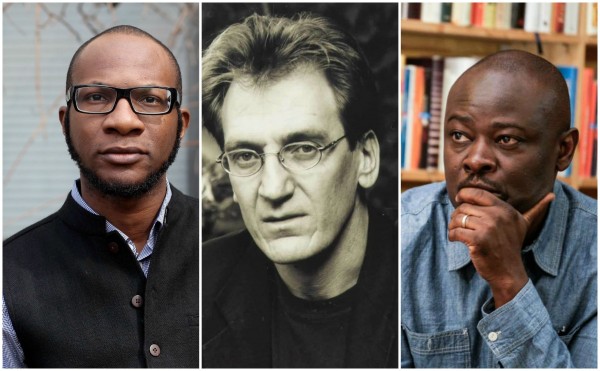
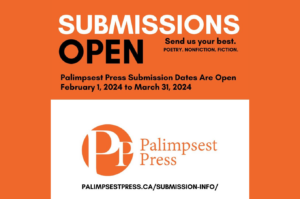


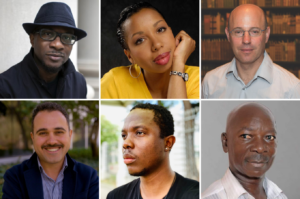
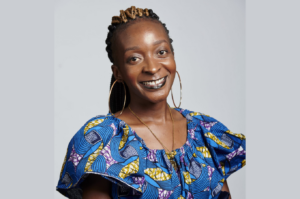
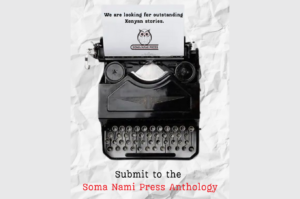

Africa: Three Writers Win US$450,000 March 03, 2015 08:31
[…] Source: Brittle Paper […]